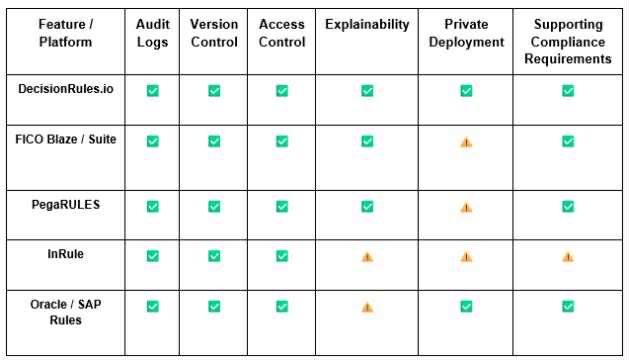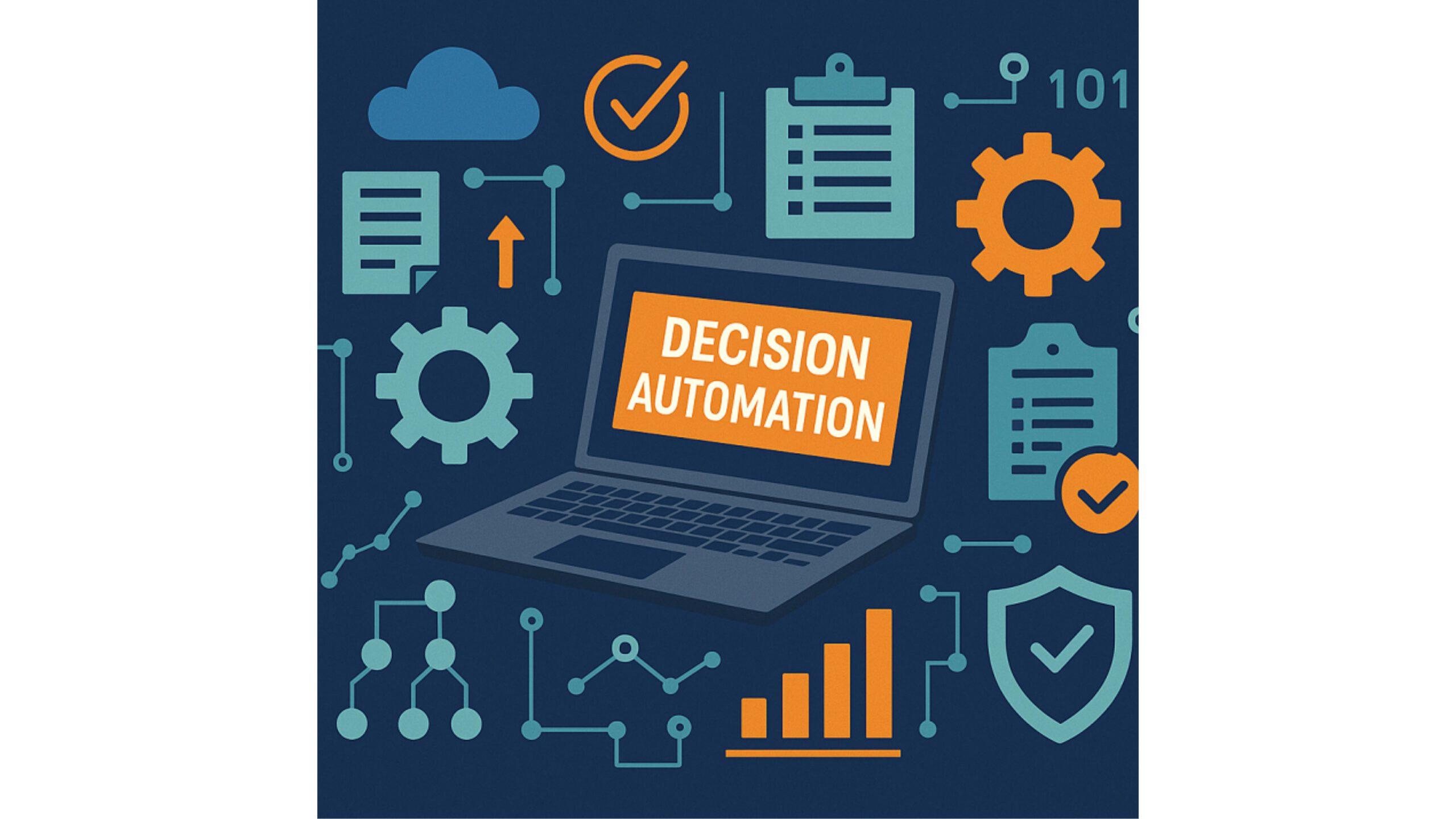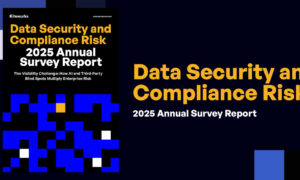Advanced decision automation software is transforming how businesses meet regulatory and compliance requirements and achieve their full potential in heavily regulated sectors. This article features 5 of the leading business rules engines and explores their individual features and overall pros and cons.
Why Regulation Matters to Business Leaders
Key sectors like finance, insurance, and healthcare face complex regulatory requirements designed to ensure best practice and protect consumers and investors. Compliance failures can cost millions in direct penalties and cause significant reputational damage to companies operating in competitive markets. A next generation decision automation platform can transform how companies navigate complex regulatory requirements and achieve compliance across every aspect of their operations.
Companies operating within regulatory frameworks such as GDPR, HIPAA, SOX, Basel III, and Solvency II etc. need BRE (Business Rules Engine) software that delivers transparent audit trails and provides clear explainability and version control requirements. Traceable, human-readable business rules are also essential.
Key BRE Features to Evaluate in Regulated Contexts
When you’re looking for a reliable business rules engine that delivers decision automation – or even AI assisted decision making – for regulated markets, there are several key features that you probably need (and should certainly explore).
Governance & Access Control – Which decision automation platforms offer strong governance and access controls? Do they come with role-based permissions and approval workflows?
Auditability & Versioning – Does the BRE provide historical rule logs and rollback capability?
Explainability – Do you have the ability to trace and justify automated outcomes?
Change Management – Can you easily implement controlled deployments and sandboxing?
Reporting & Documentation – Does the system generate automated compliance reports?
Regulatory Certifications –Is there ISO, SOC 2, GDPR and HIPAA readiness?
Deployment Flexibility – Is the decisions rules engine contained on-premises or on a private cloud for data sovereignty?
Top 5 Platforms for Compliance-Ready Decision Automation
These are five of the topdecision automation platforms for companies that need to apply business rules within challenging regulatory frameworks in 2025 and 2026.
1. DecisionRules.io
DecisionRules delivers the transparency and explainability required for compliance under major regulatory frameworks, including explainability and clear audit trails. The automated decision engine is fast and flexible and is designed to allow ordinary business users and analysts who don’t have a technical background. The system’s no-code/low-code rules engine allows users to update rules via a convenient visual interface.
DecisionRules is a superb tool for businesses that require compliance, as well as agility, scalability and transparency with easy onboarding, plus a high level of control with no vendor lock-in.
Key Features
Pros
Cons
2. FICO Decision Management Suite / Blaze Advisor
The FICO Decision Management Suite (operating with the Blaze Advisor as its core automated decision engine) is a useful all round tool for businesses active in regulated industries – albeit with some limitations. The platform delivers strong reporting and a good suite of explainability tools and provides auditability and other key compliance requirements.
The Blaze Advisor engine is sophisticated enough to enable relatively easy rule‑design and execution, versioning and multi‑platform deployment. There’s sufficient scalability to support high‑volume decision automation at enterprise level but some users may struggle with the platform’s complexity.
Key Features
Pros
Cons
3.PegaRULES / Pega Platform
Pega’s decision automation software provides a governance-first approach for businesses that need to unify decisioning and workflows across their operations. The platform is particularly suited to financial institutions and insurers managing complex workflows who require a comprehensive end to end process.
Pega is scalable and can definitely provide decision automation for major companies. However, it should be noted that implementing Pega can be a complex and costly process, particularly if there’s a requirement to integrate it with legacy systems.
Key Features
Pros
Cons
4. InRule
InRule has a strong reputation as an “author-first” platform that delivers a user-friendly experience to clients primarily in the healthcare and insurance sectors. One of the reasons for the platform’s relative popularity in these industries is that it meets their requirements for collaboration and auditability. InRule also allows users with no technical background to author business rules for these highly regulated sectors using a suite of business‑language editors, decision tables, graphical flows and a custom vocabulary.
The InRule automated decision engine can execute large volumes of rules and decisions and provides lifecycle management and governance.
Key Features
Pros
Cons
5. Oracle Business Rules / SAP Business Rules
Oracle is an effective rules management platform that is most suitable for large corporations in regulated manufacturing and financial industries. It offers users robust governance capability within regulated sectors and allows users to easily modify rules without coding. There is full documentation and a clear audit trail via a repository.
Oracle is generally a flexible and business‐user friendly system but there are situations where a full model governance framework is necessary. The decision rules engine is less suitable for smaller companies or teams.
Key Features
Pros
Cons
Compare Top Decisions Rules Engines at a Glance

How to Choose the Right Decision Automation Platform
Companies working in regulated industries need to leverage every advantage to improve competitiveness and to avoid potentially costly compliance issues. The goal is to choose (cost effective and reliable) tools prioritizing robust governance, transparency, and version control.
Top tier modern platforms combine all key compliance guarantees in an agile, developer-friendly environment that is also geared towards ordinary business users and analysts who lack a technical background and need to stay abreast of rapidly evolving business and regulatory ecosystems.



































